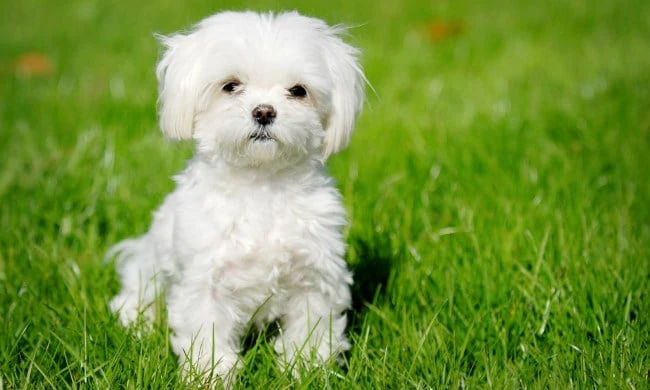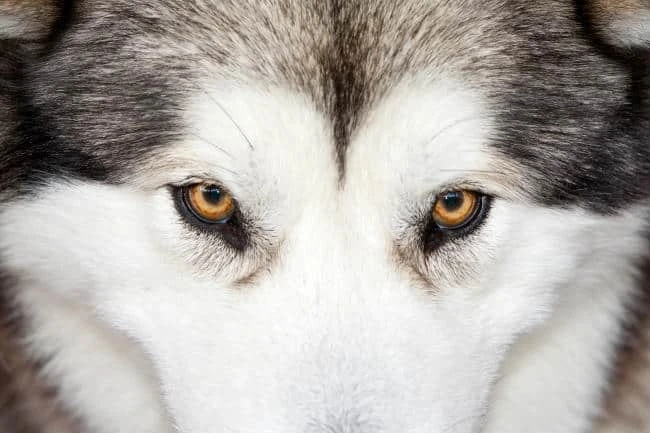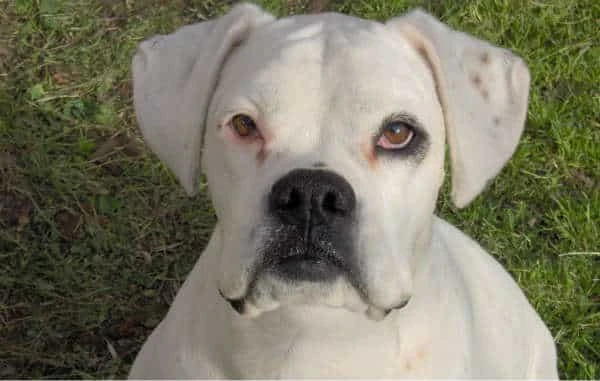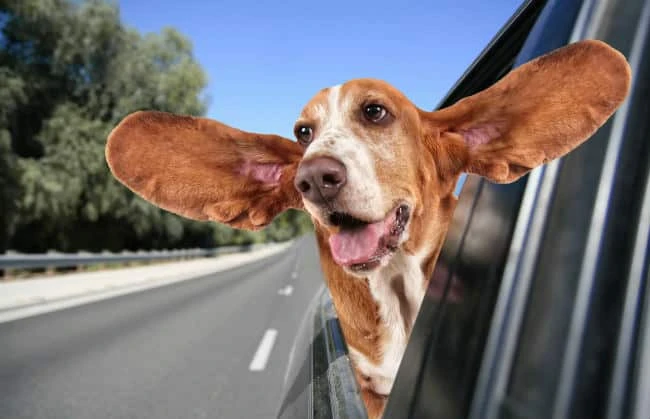6 Ways to Keep Your Small Dog Safe

Caring for a small dog carries special responsibilities that every new dog owner should know. Because of their size, these dogs may be especially vulnerable to temperature and injury from everyday activities. These issues often occur with small puppies, but they can also affect toy breed dogs throughout their lives. Accidents are the chief cause of death in small dogs, and most accidents can be prevented with a little forethought and supervision from the owner. To keep your small dog safe no matter where you are or what you’re doing, pay attention to these six issues:
Being Underfoot
Small dogs can be easily overlooked as people in the household go about their normal activities. These animals often love to be close to their owners and the guests that visit the house. However, when small dogs are underfoot, they can cause someone to fall, which can cause injury to the animal, as well. Teach your small dog to avoid being in the way of human footfalls from puppyhood. Warn visiting houseguests, especially children, of the animal’s habits so that they can be aware of the danger.
Poisoning Dangers
Because of their small size and closeness to the floor, small dogs are also vulnerable to poisoning dangers that can occur routinely in a household. Chemicals spilled on the floor can be consumed, and, because of the small body weight of the animal, can cause poisoning. Clean up spills immediately to prevent this tragedy from occurring. Similarly, any medication that may accidentally be dropped on the floor can be a poisoning hazard. Take special care to keep medications tightly capped and away from mischievous actions.
Falling Objects
Accidentally dropping items can be a serious hazard for small dogs. A dropped pan or platter can cause broken bones or even death to a small dog. Be especially aware of the location and movements of your dog when engaged in activities in the kitchen or dining room areas. If necessary, remove the dog to prevent accidents.
Weather Protection
Puppies, older dogs and breeds with very short hair have greater difficulty regulating body temperature and may need a little more care in frigid temperatures. Ensure that the animal’s bed is kept out of drafts and that a blanket is provided to retain body heat. Although many people feel foolish putting a sweater or coat on their dogs, it can help to prevent chilling and allow walks to be more productive. Some dogs have sensitive feet and respond well to small doggie boots. Reflective materials on these items can provide added safety for your pet while walking in the dark.
Moving Vehicles
Moving vehicles pose many dangers for small dogs. Even a bicycle can cause severe injury to tiny pups. Never have your dog off the leash when out of doors. Ensure that they do not follow at your heels when you go into the garage. Be especially cautious when walking your dog at night. Travel on familiar routes that are well lighted, or bring a flashlight with you. Use a special LED-lighted collar on your dog for walking at night to ensure that you and everyone on the street can see him.
Other Animals
Owning a small dog means you must take extra care when encountering larger canines. Some breeds instinctively chase and kill small animals close to the ground. Owners of small dogs should always be aware of the possibility of this instinct kicking in and should be ready to scoop up their small dog at the first sign of trouble. In addition, small dogs often have big personalities and will not back off from a standoff with a larger dog or wild animal. The responsibility falls to the dog owner to ensure that their small dog does not become involved in a dangerous fight. Carry a small whistle to scare off wild creatures and signal for help, if needed.




